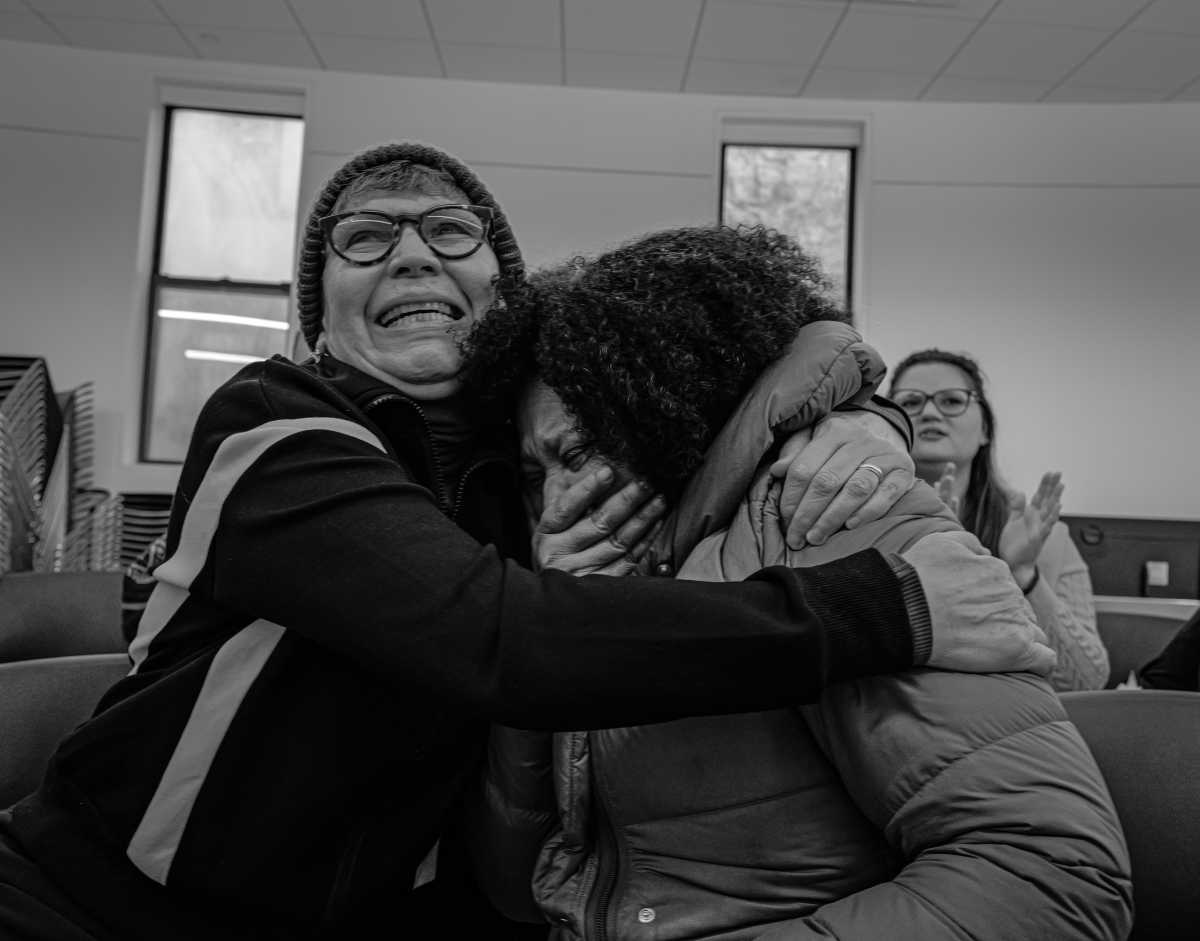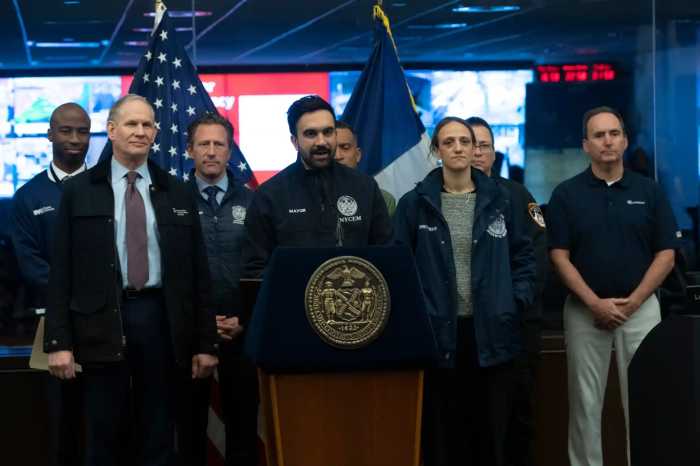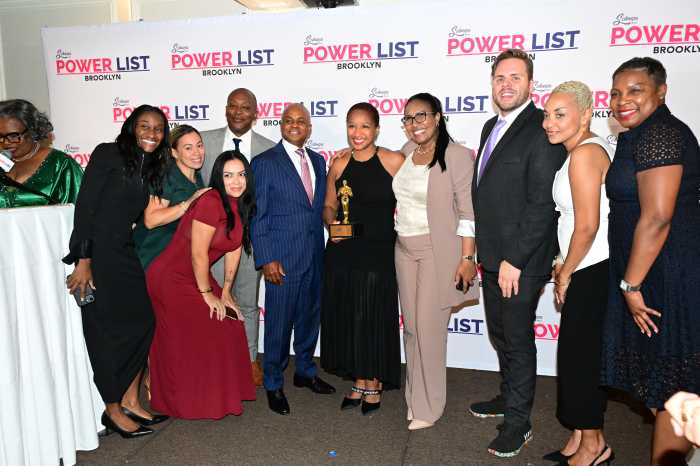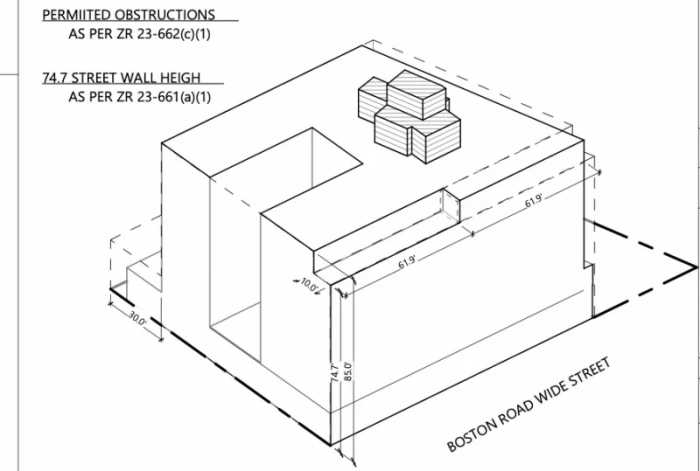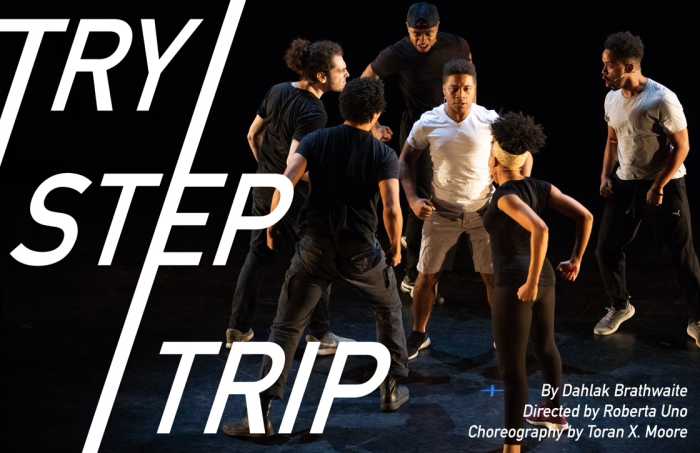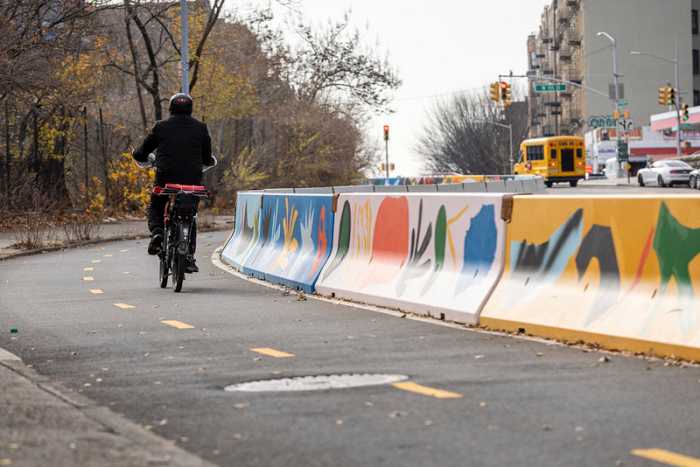BY DUNCAN OSBORNE | While New York City settled federal civil rights lawsuits with four men who charged they were falsely arrested for prostitution in 2008 by vice cops in a Chelsea porn shop and a Midtown spa (see story, page 14), the city continues to argue that the 2008 prostitution arrest of the man who spoke up against those busts was justified.
Robert Pinter, the whistle blower, sued the city in 2009 alleging he was falsely arrested in an East Village porn shop. Last year, the city sought “qualified immunity” from a lawsuit for the officers involved in his arrest. That was denied, and the city appealed that ruling.
“The relevant inquiry on defendants’ motion was not only whether [undercover officer] 31107 and the vice detectives’ actions were objectively reasonable, but also whether, as a matter of law, any police officer of reasonable competence could have made the same choice to arrest plaintiff in the circumstances presented in this case,” the city wrote in a brief filed with a federal appeals panel on January 28.
In Pinter’s version of his arrest, he was approached by a young Asian man who aggressively flirted with him and the two agreed to a consensual sex act outside of the store. He later learned that man was an undercover detective identified by badge number 31107. As they were exiting, the younger man told Pinter he would pay him $50 for the sex act. Pinter said nothing. He continued walking with the young man, engaging in sexual banter. He was then arrested. The city argued that even assuming Pinter’s story is true, police still had probable cause to arrest him and cannot be held liable.
“[T]he district court’s denial of qualified immunity to defendant UC 31107 and the vice detectives could only be upheld by this court if no police officer of reasonable competence would have chosen to arrest plaintiff under similar uncontroverted circumstances,” the city wrote.
Altogether, officers in the Manhattan South Vice Enforcement Squad arrested 30 men for prostitution in six porn shops in 2008. Another 11 men and one woman were busted for prostitution in two spas that year. The same group of officers in the vice squad made most of the arrests. The city’s Law Department and the police department’s legal unit cited the arrests in separate nuisance abatement lawsuits brought against those businesses.
One of those nuisance abatement lawsuits was filed just after Pinter went public in late 2008. That lawsuit was dropped less than two weeks after it was filed.
The prostitution cases against five of the men were still open in late 2008, and their charges were dismissed. One of those five sued in state court. Pinter initially pleaded guilty to disorderly conduct, but had his plea vacated and his charges dismissed with the support of the Manhattan district attorney’s office. That office opened two investigations into the arrests, though the thoroughness of those investigations remains a question.
Responding to the outcry over the arrests, the police department suspended any further operations in the porn shops and the Internal Affairs Bureau investigated the arrests in 2009. That bureau’s report was disclosed in Pinter’s lawsuit in mid-2010. It found that the arrests were valid and exonerated the officers involved, but concluded that they were poorly trained.
In its brief, the city argued that their training should protect the officers from scrutiny by the courts and the public.
“Not only do police officers receive special training that would enable them to discern probable cause where lay persons — including the Court — might not, but their law enforcement activities should not be chilled by the fear of being second-guessed in a lawsuit,” the city wrote.
While the city has not asked the district and now appellate courts to rule on every issue in the suit, should the city prevail, it could gut Pinter’s case.
The Bloomberg administration’s response to what is seen as police misconduct targeting gay and bisexual men is in stark contrast to that in other cities.
Police and elected officials in Fort Worth fired or reprimanded police officers and Texas Alcoholic Beverage Commission employees who participated in a 2009 raid on a gay bar there that left a customer seriously injured.
Elected officials, including some openly gay ones, belatedly condemned public lewdness arrests in Palm Springs, as did officials in Atlanta following a raid on a gay bar there. The charges against most of the 11 men arrested in a 2010 raid on a Dallas bathhouse were dismissed earlier this year.
“I guess the real answer is, from what I understand, it was a few cases,” Mayor Michael Bloomberg said in 2009. “They are looking at it to see whether or not, and I just didn’t want to prejudice the investigation and a little bit of, hopefully, with some press, they don’t do it again.”
Pinter’s attorney, James I. Meyerson, said his client would win before the appeals panel.
“I remain confident that [the district court’s] analysis will be upheld and affirmed by the circuit and that we will be able to proceed,” Meyerson said. “The judge’s decision clearly was a Pinter-favorable decision.”


